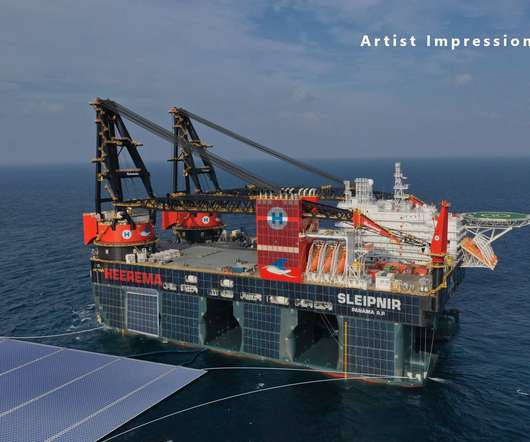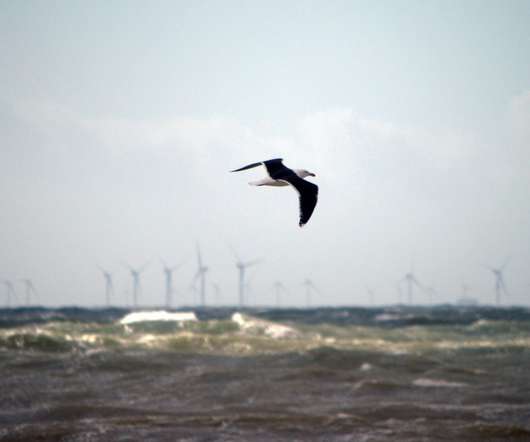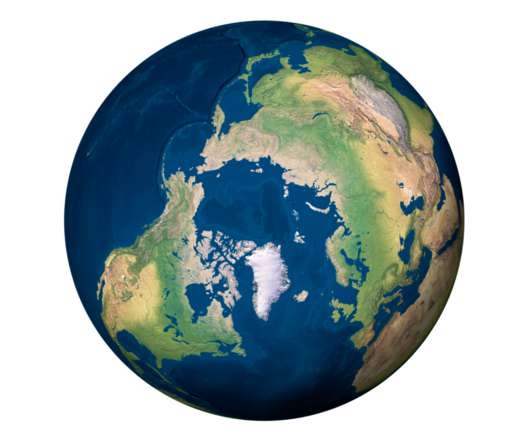Majority of companies to miss net-zero targets, analysis shows
Envirotec Magazine
OCTOBER 12, 2021
Many companies in carbon-intensive industries — such as oil and gas and chemicals — have set net-zero target dates of or close to 2050, while many in services sectors aim for around 2035. Solutions differ by industry and company, and all have different starting points, opportunities and challenges.

























Let's personalize your content